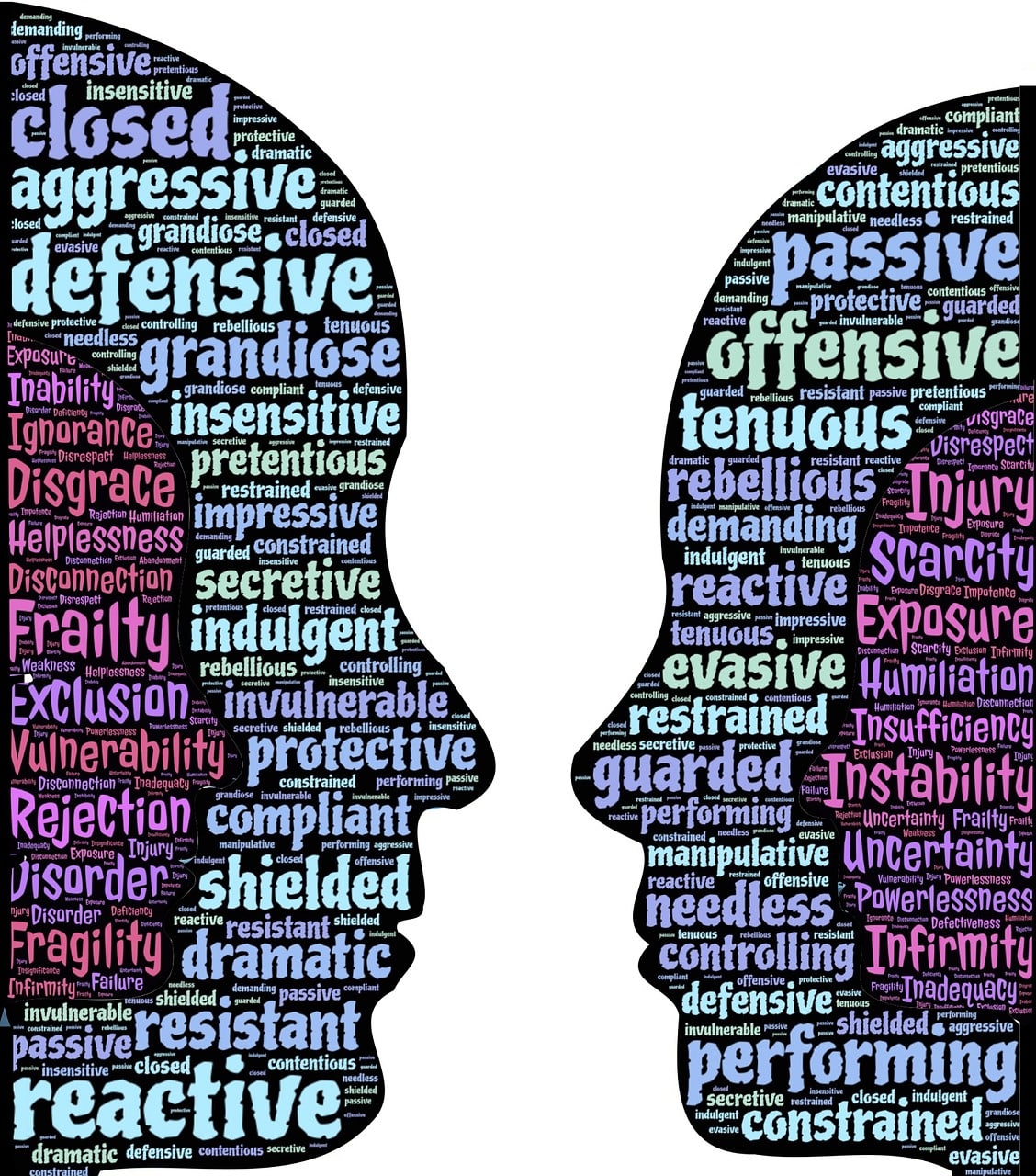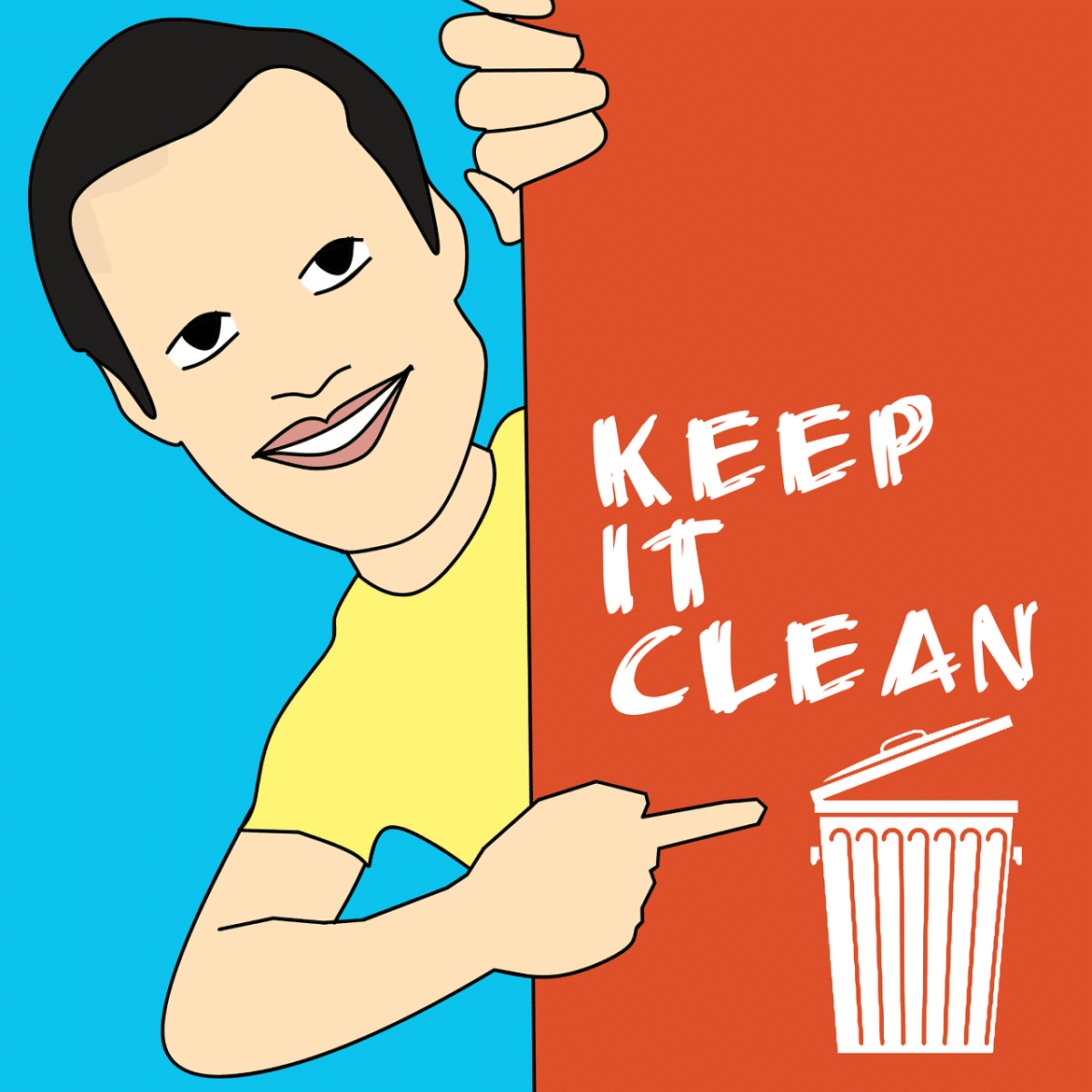French Bulldogs are adorable and playful companions, but it's no secret that they sometimes engage in a seemingly disgusting habit of eating poop. You may wonder why these lovable creatures engage in such behavior. In this article, we will decode the canine habits of French Bulldogs and uncover the surprising reason behind this peculiar and perplexing behavior.
Understanding coprophagia
Definition of coprophagia
Coprophagia is the term used to describe the behavior of dogs eating their own or other animals' feces. While it may be a shocking and unpleasant behavior to witness, it is not uncommon in the canine world. Understanding the various factors that contribute to coprophagia is essential for effectively addressing and managing this behavior in our furry friends.
Prevalence in French Bulldogs
French Bulldogs, like many other dog breeds, are not immune to the occasional bout of coprophagia. While it is not exclusive to this breed, several reports suggest that French Bulldogs may be more prone to engaging in this behavior compared to other breeds. This susceptibility may be attributed to a combination of genetic and environmental factors, which we will further explore later in this article.
Possible causes of coprophagia
Coprophagia can arise from a variety of factors, including instinctual behaviors, diet-related factors, behavioral issues, social and environmental influences, and underlying medical conditions. It is essential to consider these potential causes when trying to comprehend why our furry friends engage in such behavior.
Instinctual behaviors
Historical survival instinct
One possible explanation for coprophagia is the historical survival instinct of dogs. In their ancestral past, dogs needed to scavenge for any available food sources to ensure their survival. By consuming feces, dogs could obtain additional nutrients that were not fully digested during the initial ingestion. While this instinct may no longer serve a purpose in domesticated dogs, remnants of this behavior can still be observed.
Inherited behavior from ancestors
Dogs, including French Bulldogs, have inherited various behaviors from their ancestors. These behaviors can include scavenging, which may explain why some dogs are more inclined to consume feces. It is important to remember that even though our furry friends have been domesticated for centuries, certain instincts and behaviors may still persist in their DNA.

This image is property of pixabay.com.
Diet-related factors
Nutritional deficiencies
One possible cause of coprophagia is nutritional deficiencies in a dog's diet. If a dog's diet lacks essential nutrients, they may instinctively seek out alternative sources, including feces, to fulfill their nutritional requirements. Ensuring that our four-legged companions receive a balanced diet that meets all their nutritional needs is essential for preventing coprophagia related to dietary deficiencies.
Digestive enzyme deficiency
Some dogs may have a deficiency in certain digestive enzymes, such as amylase or protease, which aid in the breakdown and absorption of nutrients. This deficiency can lead to undigested food particles being present in the feces, making them more appealing to consume. If digestive enzyme deficiency is suspected, a veterinarian can conduct appropriate tests and recommend appropriate dietary supplements if necessary.
Inadequate diet
An inadequate or poorly balanced diet can also contribute to coprophagia in dogs. If the diet is not providing the necessary nutrients and is of low quality, the dog's body may not be efficiently digesting and absorbing the food. This can result in undigested food particles being excreted in the feces and becoming a tempting snack for our canine friends.
Behavioral factors
Attention-seeking behavior
Dogs are social animals and crave attention from their human companions. In some cases, coprophagia may be a form of attention-seeking behavior. If a dog learns that engaging in this behavior elicits a strong reaction from their owner, even if it is negative, they may continue the behavior to gain attention. It is important to provide positive attention and reinforcement for desired behaviors to discourage attention-seeking coprophagia.
Boredom and lack of mental stimulation
Dogs need mental stimulation and engaging activities to keep them physically and mentally healthy. When dogs are bored or lack sufficient mental stimulation, they may resort to engaging in undesirable behaviors, such as coprophagia, as a way to alleviate their boredom. Providing plenty of exercise, toys, and interactive games can help prevent boredom-induced coprophagia.
Anxiety or stress
Anxiety and stress can manifest in different ways in dogs, and coprophagia may be one of them. Dogs may turn to eating feces as a coping mechanism when they are feeling anxious or stressed. Identifying the underlying cause of anxiety or stress and addressing it with appropriate training, behavior modification techniques, or even professional help can significantly reduce coprophagia caused by these factors.

This image is property of pixabay.com.
Social and environmental influences
Observational learning from other dogs
Dogs are highly social animals that often learn by observing the behaviors of other dogs. If a dog sees another dog engaging in coprophagia, they may imitate this behavior out of curiosity or as a reflection of social learning. It is important to be mindful of our dog's interactions and surroundings to reduce the likelihood of them copying undesirable behaviors.
Imitation of human behavior
In some cases, dogs may learn to eat feces by observing their human owners cleaning up after them. Dogs are incredibly perceptive and may associate the act of picking up feces with something desirable, leading them to mimic the behavior. Proper waste management and ensuring that our dogs do not witness or have access to the act of feces removal can help prevent this imitation-driven coprophagia.
Association with specific environments
Certain environments and situations can trigger coprophagia in dogs. For example, if a dog has previously been scolded or punished in the presence of feces, they may associate that environment or situation with a negative experience. This negative association may lead the dog to consume feces as a way to alleviate anxiety or stress. Recognizing and addressing these environmental triggers can play a vital role in preventing coprophagia.
Medical conditions
Exocrine pancreatic insufficiency (EPI)
Exocrine pancreatic insufficiency is a condition where a dog's pancreas does not produce enough digestive enzymes. This deficiency can affect the dog's ability to properly digest and absorb nutrients. Dogs with EPI may be more prone to coprophagia as they attempt to compensate for the lack of nutrients by consuming feces. A veterinarian can diagnose EPI through appropriate tests and recommend appropriate treatment to manage coprophagia caused by this condition.
Intestinal parasites or infections
Parasites or infections within the intestines can cause digestive disturbances and malabsorption of nutrients. Dogs with these conditions may consume feces in an attempt to obtain the nutrients they are lacking. Regular veterinary check-ups and preventive measures, such as deworming, can help reduce the risk of coprophagia caused by intestinal parasites or infections.
Underlying gastrointestinal disorders
Various gastrointestinal disorders, such as malabsorption syndromes or inflammatory bowel disease, can lead to coprophagia in dogs. These disorders can impair the dog's ability to digest and absorb nutrients properly, resulting in the consumption of feces to compensate for the deficiency. A thorough examination and appropriate diagnostic tests by a veterinarian are necessary to identify and treat underlying gastrointestinal disorders contributing to coprophagia.

This image is property of pixabay.com.
Attention and reinforcement
Negative attention as a reinforcing factor
Dogs crave attention from their owners, even if it means receiving negative attention. If a dog engages in coprophagia and their owner reacts strongly, even with scolding or punishment, the dog may perceive this as attention and continue the behavior to gain that attention. It is crucial to avoid providing negative reinforcement and instead focus on rewarding and reinforcing desired behaviors.
Restricting access to poop as a solution
Limiting access to feces can be an effective solution to prevent coprophagia. This can be achieved by promptly cleaning up after our dogs, carefully monitoring their outdoor activities, and keeping them in a controlled environment where access to feces is restricted. By removing the opportunity for coprophagia, we make it less likely for our dogs to engage in this behavior.
Training and preventive measures
Consistent obedience training
Consistent obedience training is essential in preventing coprophagia. Teaching and reinforcing the basic commands, such as "sit," "stay," and "leave it," can help deter dogs from engaging in undesired behaviors, including coprophagia. By establishing a strong foundation of obedience, we can effectively redirect our dogs' attention and prevent them from consuming feces.
Teaching the 'leave it' command
The 'leave it' command is especially useful in preventing coprophagia. By training our dogs to respond to this command, we can discourage them from approaching or attempting to eat feces. Consistent practice and positive reinforcement will strengthen their understanding and response to the 'leave it' command, ultimately deterring coprophagia.
Providing appropriate alternatives
Offering appropriate alternatives to feces can help redirect a dog's attention and prevent them from engaging in coprophagia. Providing engaging toys, chew treats, and interactive games can keep our dogs mentally stimulated and satisfied, reducing the likelihood of seeking out feces as a source of entertainment.
Importance of veterinary consultation
Ruling out medical conditions
Since coprophagia can sometimes be a symptom of underlying medical conditions, it is crucial to consult with a veterinarian. A thorough examination and appropriate diagnostic tests can help rule out any medical conditions that may be contributing to coprophagia. Addressing these conditions will be key in effectively managing and preventing the behavior.
Professional guidance for behavioral issues
In cases where coprophagia is primarily driven by behavioral factors, seeking professional guidance from a certified dog trainer or animal behaviorist can be beneficial. These experts can provide insight into the underlying causes of the behavior and develop effective behavior modification plans tailored to the dog's individual needs. Working with professionals can greatly improve the success of addressing and managing coprophagia.
Conclusion
Recognizing coprophagia as a complex behavior that can arise from various factors is the first step in understanding and effectively managing this behavior in our dogs. From instinctual behaviors and diet-related factors to behavioral issues and social influences, there are numerous potential causes to consider. Combining a holistic approach that addresses nutrition, training, environment, and potential medical conditions is key to preventing and managing coprophagia in our furry friends. By working closely with veterinarians and experts in canine behavior, we can provide the best care and support for our dogs and ensure their overall well-being.


